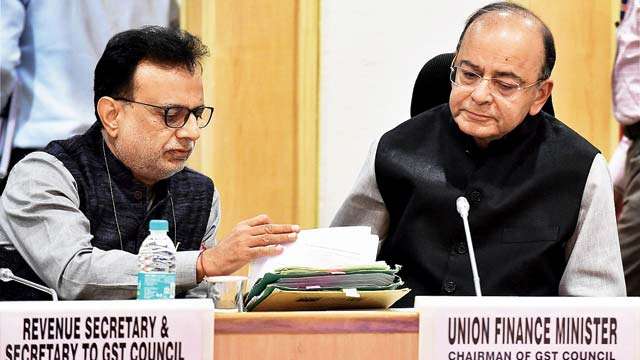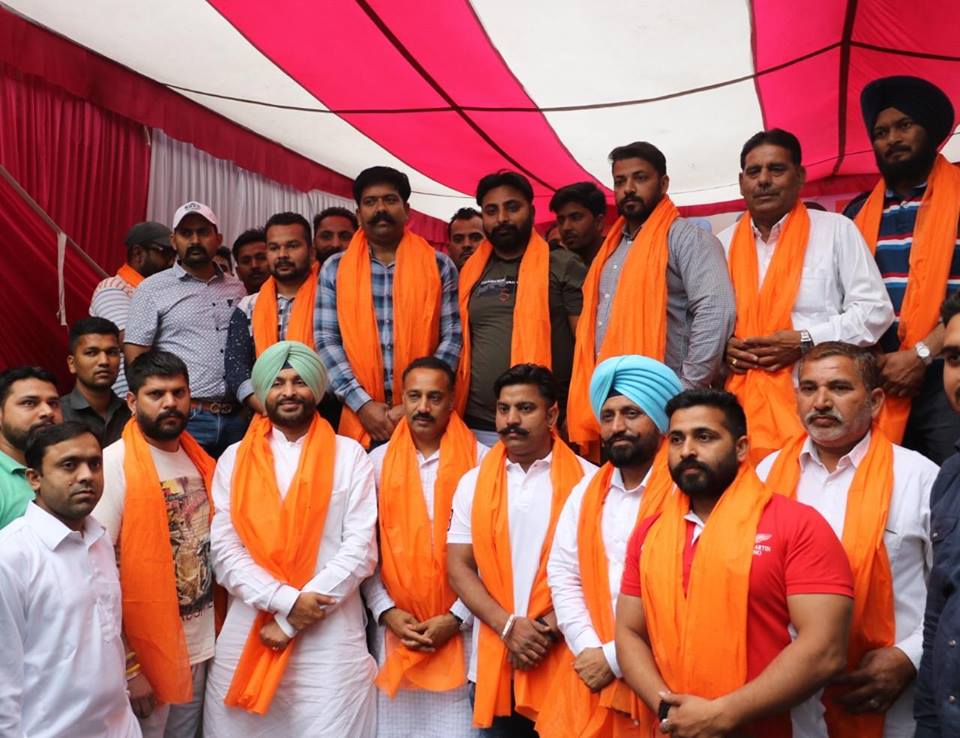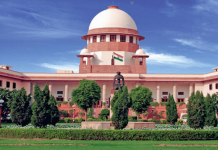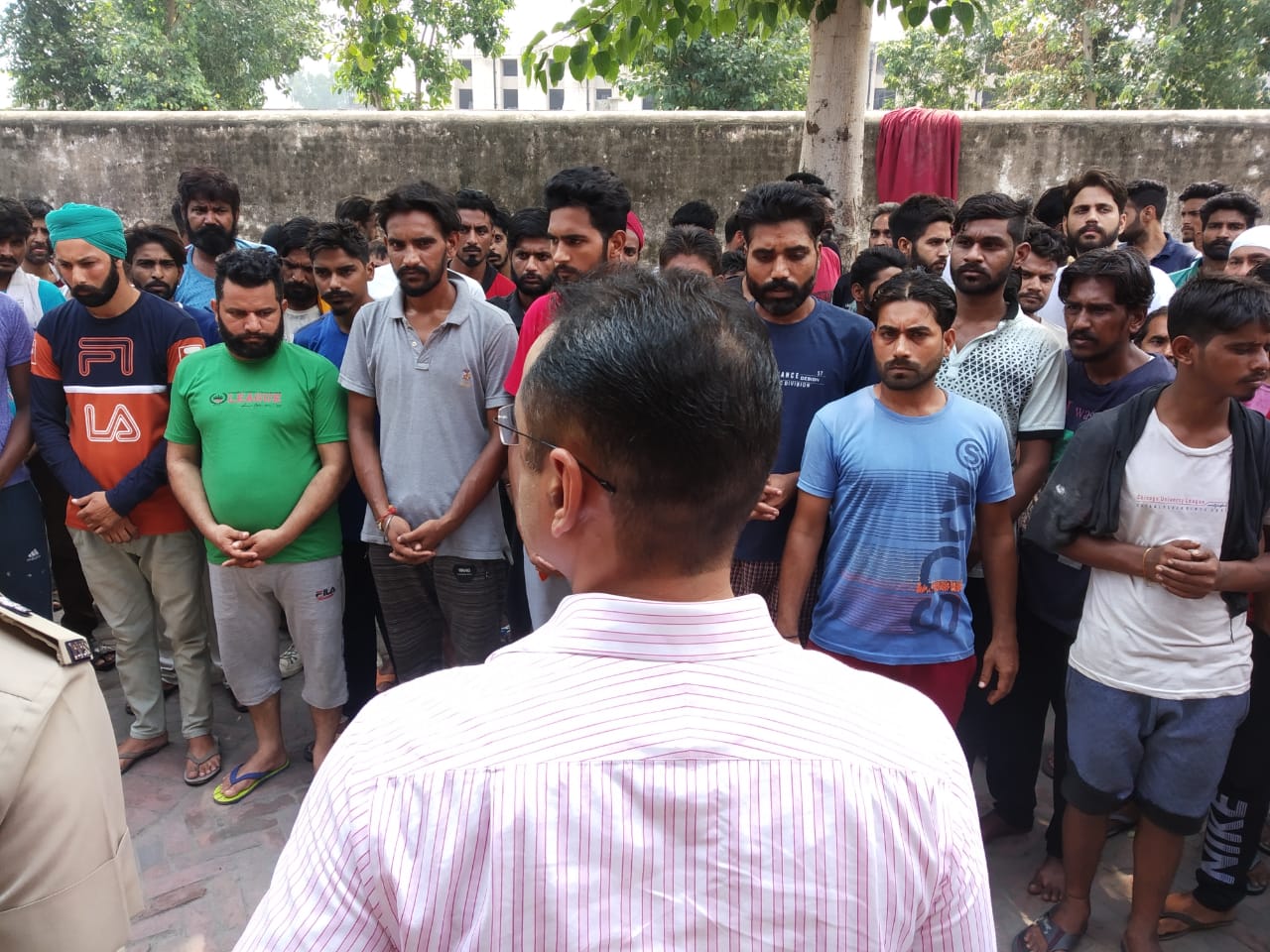The Narendra Modi government on Friday made sweeping changes to the Goods and Services Tax (GST) to provide relief to small & medium businesses and exporters — both facing difficulties because of some complexities in the three-month-old national indirect tax — and cut rates on as many as 27 common use items.
The GST Council, headed by Union Finance Minister Arun Jaitley, raised the turnover threshold for a composition scheme from Rs 75 lakh to Rs 1 crore. The scheme allows traders to pay 1 to 5 per cent tax without going through tedious formalities.
Briefing reporters after a marathon eight-hour meeting, Jaitley said that businesses with turnover of up to Rs 1.5 crore — which constitute 90 per cent of the taxpayer base but pay only 5-6 per cent of the total tax — are now allowed to file quarterly returns as against monthly filings.
Exporters will start getting refunds of their input credit for July from October 10, and for August from 18th of this month. Exporters will have e-wallets from April 1, 2018, for refunds.
Small and medium enterprises are crucial to the government’s plans to create jobs, which has emerged as a major challenge amid a growth slowdown. Exporters have also been facing working capital squeeze due to delayed tax refunds. Exports account for nearly 20 per cent of India’s GDP.
The announcements come two days after PM Modi said that the government will graciously accept criticism on the economic front, and will review GST procedures and remove all bottlenecks. GST was launched in July as India’s biggest tax reform since Independence to turn all states and UTs into a single market.
Jaitley said that items, including, khakhra, plain chapati, food packets, used in the Integrated Child Development Services scheme, and unbranded namkeen will now be taxed at 5 per cent instead of 18 per cent.
GST rates on unbranded medicines have also been reduced from 12 per cent to 5 per cent. Tax on parts of diesel engine has been reduced from 28 to 18 per cent. To contain the cost of irrigation schemes, involving high amount of labour, GST rate has been brought down to 5 per cent.
PM Modi had said last week that traders across the country are “positive” about GST and accepting the new tax, but they need “handholding”, and asked officers to ensure they adapt to the new system.
The Finance Minister said, the GST Council has formed a Group of state Finance Ministers to look into other issues. The Council also constituted a panel to consider rationalising GST rate for restaurants.
The decisions also came in the run-up to the elections in Gujarat, where trading classes are an influential voting bloc. The Centre was facing attacks from the Opposition over their plight.
The government expects that the decisions will address the primary concerns of traders, more so the textile industry, which is quite influential in poll-bound Gujarat. GST rate has also been brought down for Gujarati dishes like khakhra.
The business community has been a traditional vote bank for the BJP and there has been inputs that it was upset with certain GST provisions.
Last Saturday, RSS chief Mohan Bhagwat had asked the government to not allow informal sectors such as small and medium enterprises, self-employing cottage industries, and agriculture to suffer.
RELIEF FOR SMALL BIZ
- Turnover threshold for SMEs raised to Rs 1 crore to avail of composition scheme. Previous limit was Rs 75 lakh
- Businesses with turnover of up to Rs 1.5 crore allowed to file quarterly returns as against monthly filings
- Panel formed to consider rationalising of 18% GST on AC restaurants with turnover of more than Rs 1 cr
RELIEF FOR EXPORTS
- e-wallet for each exporter and notional amount as advance refund will be given. To start on April 1, 2018
- For July, refund cheques to be processed by Oct 10 and for Aug exports, the same will be done by Oct 18
GST RATE REDUCED ON
- Some stationery items, diesel engine parts. From 28% to 18%
- Unbranded ayurvedic drugs. From 12% to 5%
- Food items like sliced dry mangoes, khakra and chapatti. From 12% to 5%














